Design and Technology
Our Design and Technology (DT) curriculum is built upon the broader intent of our whole-school approach, which aims to provide an education that recognises children’s prior learning and builds on it through rich, first-hand experiences. We foster creativity, encourage pupils to make meaningful connections between their learning and real life, and promote values such as equality, safety, and care in relationships. Through this approach, we support the development of interpersonal skills, resilience, critical thinking, and a strong sense of personal responsibility, equipping pupils with the tools they need to face challenges and succeed in their learning journey and beyond.
In Design and Technology, our intent is to ensure pupils develop a robust set of skills and knowledge that are relevant and transferable to the wider technological world. Pupils learn to understand and apply the principles of nutrition, and they gain experience in designing, critiquing, and evaluating both their own work and that of others. Evaluation plays a central role, enabling pupils to reflect on existing products and use those insights to improve their own designs according to specific criteria.
The curriculum is purposefully designed to be progressive and ambitious. It is structured around a spiral model that ensures concepts and skills are revisited and deepened over time. This approach allows pupils to develop a strong foundational knowledge, while also exceeding the expectations of the National Curriculum. Our long-term planning includes a detailed timetable that sets out when each unit will be taught, ensuring coherence across year groups and careful progression. Adequate time and resources are allocated to support high-quality teaching and learning in every unit.
Our pedagogical approach is rooted in the principle that children should be able to know more, remember more, and do more. To achieve this, lessons begin with retrieval practice that reinforces prior learning and helps embed key concepts. Pupils are regularly challenged to apply their knowledge across different contexts within the subject, and emphasis is placed on both the design and evaluation processes, helping them to think critically and problem-solve effectively.
Assessment is ongoing and meaningful. It includes pupil voice to gauge engagement and understanding, work scrutiny to evaluate standards and progression, and assessment against clear end-of-unit expectations. Rather than relying solely on formal testing, we assess by exception, identifying where support or challenge is needed to ensure every pupil achieves their potential.
Overall, our Design and Technology curriculum prepares pupils well for the next stage of their education. It develops not only subject-specific skills, but also essential life skills such as resilience, collaboration, creativity, and reflective thinking. Pupils leave with a strong understanding of how to design and evaluate with purpose, and with the confidence to contribute meaningfully to the technological world around them.
The knowledge and skills acquired in each year group is set out in our Progression of Knowledge and Skills document, which can be seen below.
